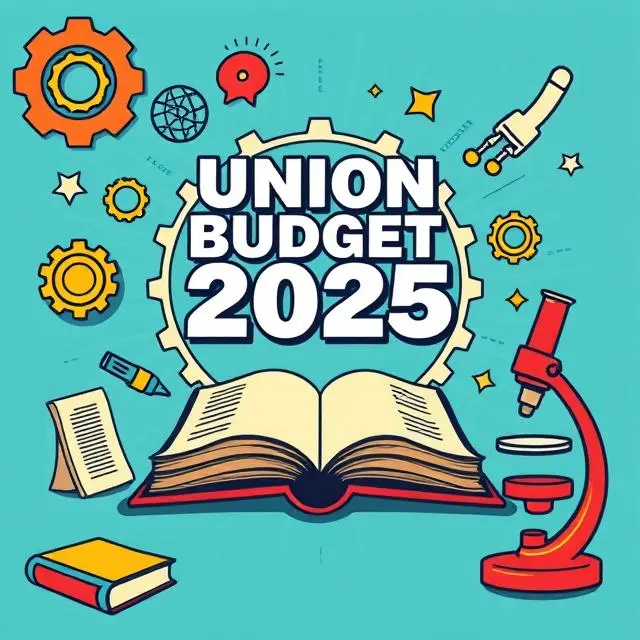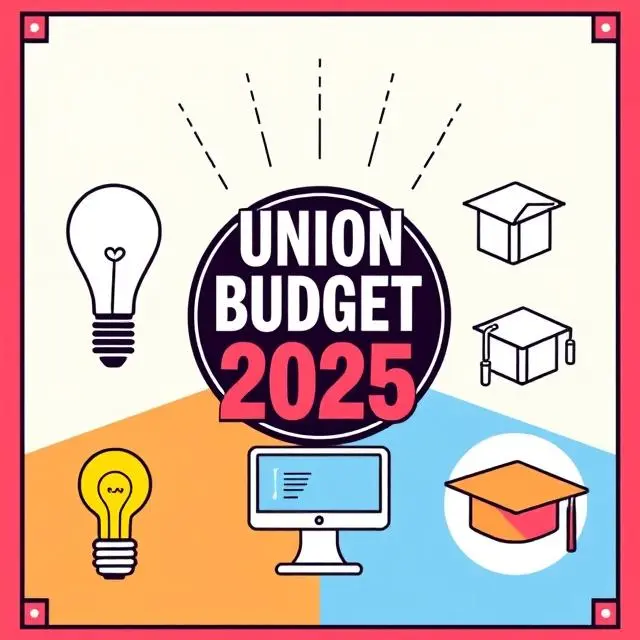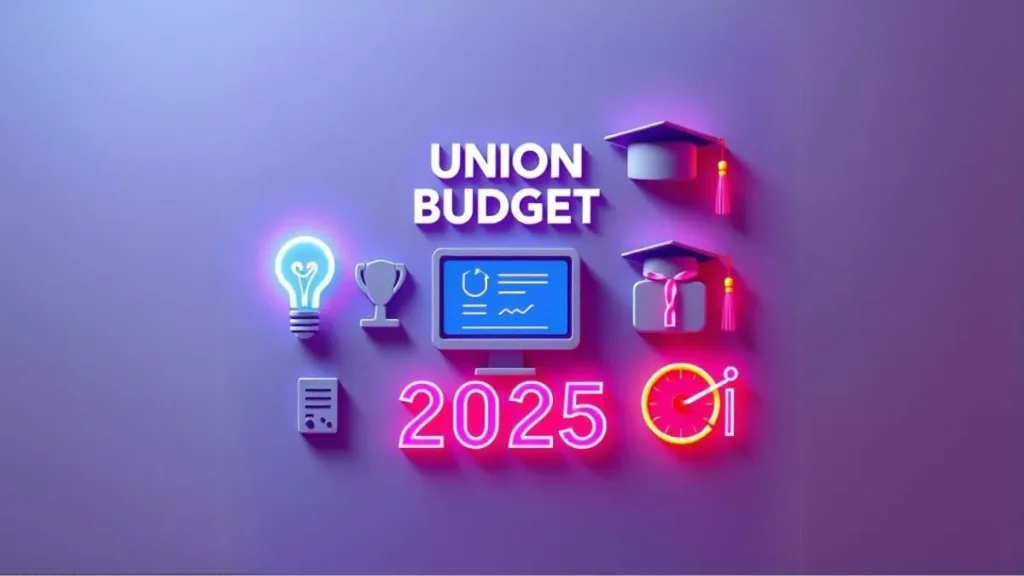Union Finance Minister Nirmala Sitharaman presented the Union Budget 2025-26 today, outlining a series of ambitious plans to transform India’s education and skilling landscape. The budget focuses on strengthening innovation, digital learning, and research while expanding opportunities in higher education and medical studies.

One of the key announcements was the establishment of 50,000 Atal Tinkering Labs in government schools over the next five years. These labs aim to nurture creativity, scientific thinking, and problem solving skills among students. By encouraging hands on learning, the government hopes to inspire the next generation of innovators.
To ensure equal access to digital resources, the budget also includes plans to provide broadband connectivity to secondary schools across the country. This move is expected to bridge the digital divide, especially in rural and remote areas, enabling students to access online learning tools and materials.
In a bid to promote multilingual education, the Bharatiya Bhasha Pustak Scheme will offer Indian language books in digital formats for school and higher education. This initiative aims to make learning more inclusive and accessible to students from diverse linguistic backgrounds.
The budget also brings good news for higher education, particularly for the Indian Institutes of Technology (IITs). The government announced the addition of 6,500 new seats in IITs established after 2014, with IIT Patna receiving special attention for expansion. Over the past decade, the number of IIT seats has doubled, rising from 65,000 to 1.35 lakh. This expansion reflects the growing demand for quality technical education in the country.

To boost research in cutting-edge technologies, the government has allocated Rs 500 crore for a new Centre of Excellence (CoE) in Artificial Intelligence (AI) for education. This builds on last year’s announcement of three AI CoEs and underscores the government’s commitment to fostering innovation in AI.
The Prime Minister Research Fellowship (PMRF) has also received a significant boost, with 10,000 new fellowships to be awarded over the next five years. These fellowships will support advanced research in technology at IITs and IISERs, encouraging students to pursue groundbreaking work in their fields.
In the realm of skilling, the budget introduced plans for five National Centres of Excellence for Skilling with Global Expertise. These centres, part of the ‘Make for India, Make for the World’ initiative, will focus on advanced skill development and international collaboration, preparing India’s workforce for global opportunities.

Medical education has also seen a major push, with the government announcing the addition of 10,000 new MBBS seats this year. Over the last decade, MBBS seats have increased by 130%, and the government aims to add 75,000 more seats in the next five years. This expansion is expected to address the growing demand for qualified medical professionals in the country.
Additionally, the budget includes the establishment of a National Institute of Food Technology, Entrepreneurship, and Management in Bihar. This institute will strengthen education and research in food technology and agri-business, contributing to the growth of these sectors.
The Union Budget 2025-26 places a strong emphasis on empowering India’s youth through education, skilling, and research. With these initiatives, the government aims to equip students with the knowledge and skills needed to drive national and global progress.



